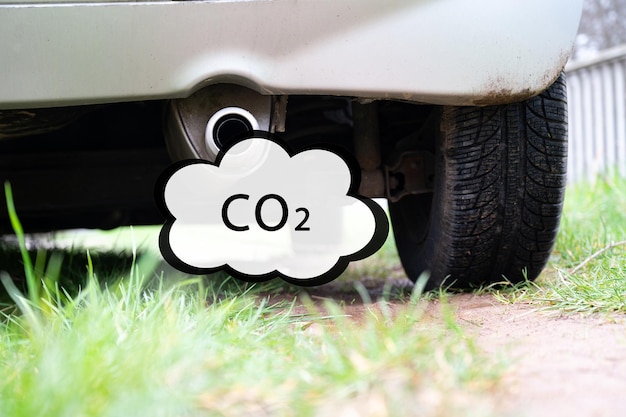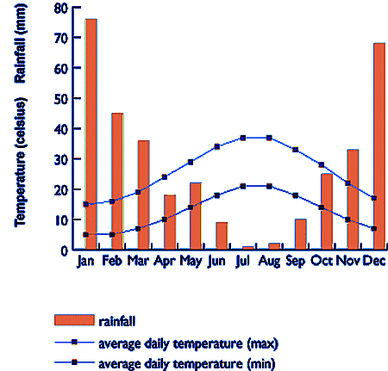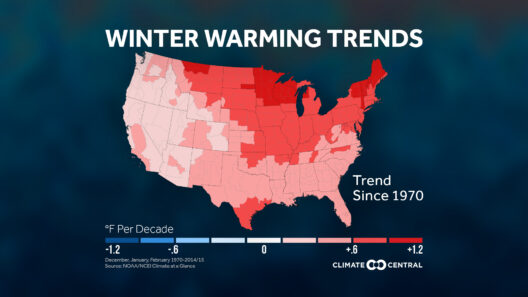To combat the dire consequences of climate change, it is imperative to actively reduce global warming by minimizing our carbon footprint. The actions of individuals collectively can have a profound impact on the environment. This article will explore practical tips to diminish carbon emissions in our daily lives, empowering readers to become part of the solution.
Understanding the Carbon Footprint
Before delving into the practical solutions, it is essential to grasp the concept of a carbon footprint. This term refers to the total amount of greenhouse gases, including carbon dioxide, that are emitted directly or indirectly by an individual, organization, event, or product. The primary contributors to an individual’s carbon footprint include transportation, energy consumption, and dietary choices, all of which can be addressed through conscious efforts.
Transportation Choices: Rethinking Our Travel
Transportation is a significant source of carbon emissions, primarily due to the reliance on fossil fuel-powered vehicles. Opting for greener alternatives can lead to a substantial reduction in one’s carbon footprint.
Embrace Public Transport
Utilizing public transportation systems, such as buses, trains, or subways, not only lessens the number of cars on the road but also substantially reduces greenhouse gas emissions per capita. When feasible, consider carpooling with colleagues or friends; sharing rides minimizes overall vehicle usage and leads to a communal effort in reducing emissions.
Walk and Bike More
For short distances, walking or cycling serves as an eco-friendly choice that not only diminishes carbon output but also promotes personal health. Investment in cycling infrastructure and pedestrian-friendly pathways can enhance the appeal of these options, encouraging more individuals to embrace them.
Drive Smartly
If driving remains necessary, adopting fuel-efficient driving practices can significantly mitigate emissions. This includes maintaining a steady speed, avoiding rapid acceleration and braking, and keeping the vehicle well-maintained. Regularly tuning up the car and ensuring proper tire inflation can enhance fuel efficiency markedly.
Energy Conservation at Home: Reducing Consumption
Our residences are often culprits in the perpetuation of greenhouse gas emissions. By adopting energy-efficient practices, one can effectively lower energy bills while also supporting the environment.
Upgrade to Energy-Efficient Appliances
Investing in Energy Star-rated appliances can lead to considerable energy savings. These appliances are engineered to use less energy and water, significantly reducing your household’s carbon footprint. Consider replacing old machines with newer models that provide efficiency without sacrificing performance.
Optimize Heating and Cooling
Utilizing programmable thermostats helps regulate temperatures without unnecessary energy expenditure. Setting the thermostat to lower temperatures during winter and higher temperatures in summer can save energy and costs. Additionally, sealing windows and doors to prevent drafts further enhances home efficiency.
Utilize Renewable Energy Sources
Exploring solar or wind energy solutions can drastically cut down on fossil fuel reliance. Even small-scale solar installations can provide substantial energy savings and reduce emissions, contributing positively to the global energy landscape. Considering options for community solar programs is also viable for those unable to install personal systems.
Food Choices: The Impact of Diet on Emissions
The food we consume is a substantial factor contributing to greenhouse gas emissions, particularly from livestock production. By re-evaluating dietary habits, individuals can play a critical role in reducing their carbon footprints.
Embrace a Plant-Based Diet
Shifting towards a more plant-based diet, even modestly, can bust the carbon emissions linked to meat and dairy consumption. Incorporating more fruits, vegetables, grains, and legumes into daily meals can not only provide health benefits but will also contribute to a lower carbon footprint.
Support Local and Sustainable Foods
Choosing locally-sourced and organic food reduces the carbon emissions associated with transportation and industrial farming practices. Farmers’ markets provide not only fresh produce but also promote sustainable practices. Supporting seasonal eating curtails long-distance food transport, resulting in significant emission reductions.
Reduce Food Waste
Food waste is a significant emissions contributor in its own right. By planning meals and utilizing leftovers creatively, individuals can dramatically lessen waste. Composting uneaten food not only reduces landfill emissions but also enriches soil for gardening, linking sustainability to personal gardening efforts.
Participating in Community Efforts: Collective Action
Individual actions, while crucial, can be magnified by collective efforts. Engaging with community initiatives can enhance local sustainability while fostering a culture of environmental responsibility.
Get Involved in Local Campaigns
Joining forces with local environmental organizations can bolster the impact of individual actions. Participating in tree-planting events, clean-up drives, or local advocacy for sustainable policies amplifies awareness and promotes communal responsibility toward the environment.
Advocate for Sustainable Practices
Lobbying for legislation that supports renewable energy, conservation, and carbon reduction can bring about systemic change. Every voice contributes to a collective push towards a sustainable future, ensuring that messages of urgency and responsibility resonate across communities.
Conclusion: The Path Forward
Reducing global warming requires a multifaceted approach that encompasses transportation, energy consumption, dietary choices, and community engagement. By integrating these practical tips into daily life, every individual can contribute to a more sustainable planet. Small changes accumulate over time, forging a significant impact on the global climate. With awareness and actionable strategies, we can collectively stride towards a healthier and more sustainable future.








